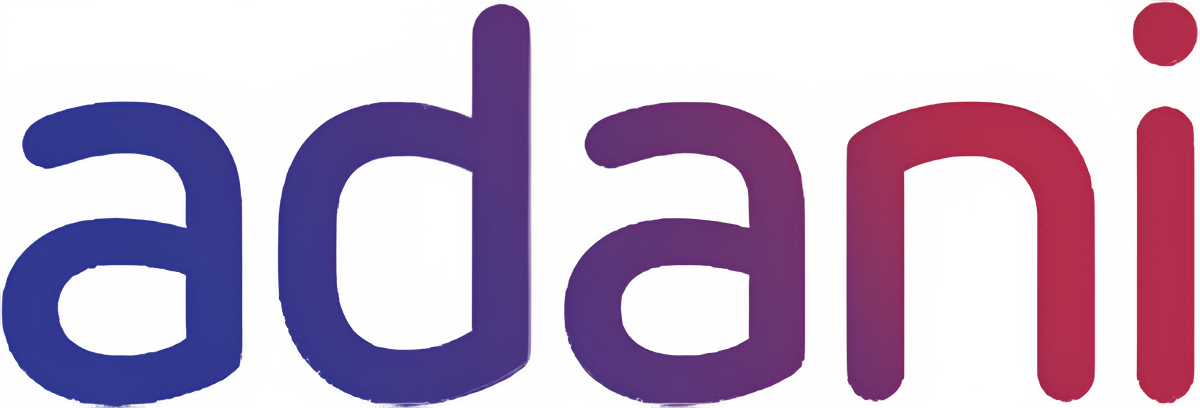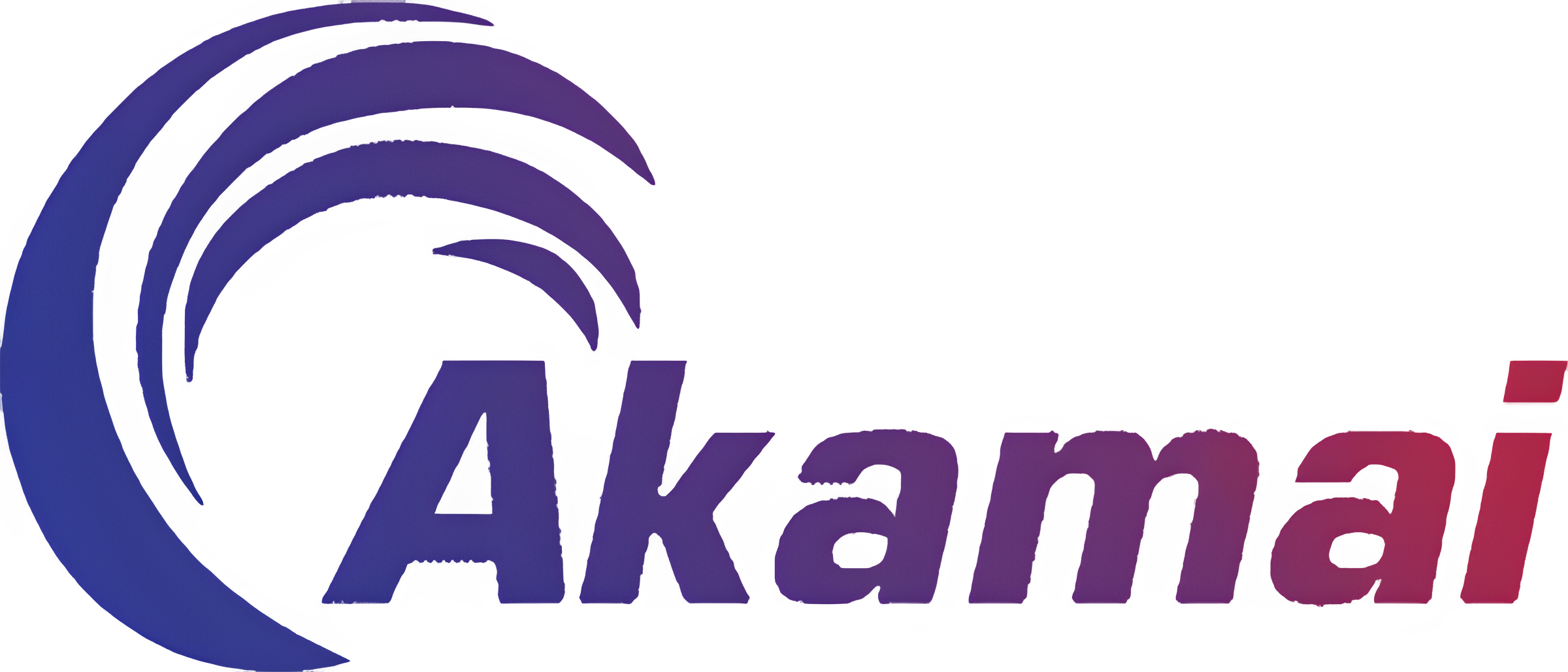How Construction Companies Benefit from Custom Project Management Apps

Construction projects involve myriad moving parts: schedules, labor, materials, equipment, budgets, and regulatory compliance. Coordinating these elements across multiple stakeholders—architects, engineers, contractors, subcontractors, and clients—can become overwhelming. Traditional methods of using spreadsheets, paper-based logs, and siloed communication channels often lead to miscommunication, delays, and budget overruns. In this dynamic environment, custom project management apps designed specifically for construction firms have emerged as transformative tools. By offering real-time insights, seamless collaboration, and data-driven decision-making, these applications empower companies to complete projects more efficiently, reduce waste, and enhance profitability. At Dinoustech Private Limited, a leading software development company, we specialize in crafting tailored solutions that meet the unique needs of construction enterprises.
The Need for Digital Transformation in Construction
The construction industry has historically lagged behind other sectors in technology adoption. Many firms continue to rely on manual processes and disparate systems that do not communicate effectively. As a result, project managers spend countless hours reconciling data, chasing updates, and reacting to unforeseen issues rather than proactively managing workflows. In contrast, digital tools streamline core processes—scheduling, resource allocation, cost tracking, and on-site reporting—enabling stakeholders to collaborate seamlessly across offices and job sites. Modern construction management software leverages mobile interfaces to empower field personnel to update progress, log incidents, and request materials from their smartphones, reducing lag time and ensuring everyone works from a single source of truth.
Also Read: - What It Takes to Build a Successful Fantasy App Like Gamezy
Real-Time Collaboration and Communication
A key advantage of a custom project management app is the ability to facilitate real-time communication. In traditional setups, a contractor on site might discover that a delivery of concrete retardant is delayed, but the purchasing department only learns of this hours later. With a dedicated mobile app, the contractor can instantly record the delay, triggering alerts for procurement to source an alternative supplier and for the project manager to adjust the schedule. This level of immediacy prevents costly downtime and allows teams to make informed decisions quickly. For construction managers and foremen, having a centralized platform reduces the risk of important messages getting lost in email threads or whiteboards.
Streamlined Scheduling and Resource Allocation
Building a residential complex or a high-rise office tower requires meticulous scheduling of tasks—foundation work, structural framing, MEP installations, finishing, and inspections. A custom app designed by a best mobile app development company provides dynamic scheduling tools that automatically adjust timelines when tasks slip or resources shift. When an excavator is unexpectedly out of service for maintenance, the app can reassign another machine or adjust subsequent tasks to keep progress on track. Similarly, automated alerts for material shortages or upcoming equipment servicing enable managers to reallocate resources proactively. By integrating resource management into the project plan, construction firms eliminate bottlenecks and maintain a fluid workflow, optimizing productivity and reducing labor costs.
Must Read: - Which Logistics Software Development Company Is Right for You?
Enhanced Budget Control and Cost Tracking
Financial overruns are among the most pressing concerns in construction. Minor cost escalations—unanticipated permit fees, material price fluctuations, or rework due to design changes—add up quickly. A custom project management app harmonizes budget inputs from the earliest estimates through change orders, allowing real-time tracking of expenditures against allocated funds. When a contractor submits an invoice for electrical conduit work, the app immediately deducts that amount from the dedicated electrical budget line, displaying updated forecasts for remaining funds. Managers can generate cost variance reports on demand, pinpointing areas of overspending before they escalate. By partnering with a custom website development company that understands industry-specific financial workflows, construction firms can rest assured that their cost-control mechanisms align with best practices.
Centralized Document and Blueprint Management
Construction projects generate vast quantities of documentation: architectural drawings, engineering specifications, permits, contracts, inspection reports, and progress photos. Traditional reliance on physical blueprints or email attachments leads to version control nightmares—one crew might work from an outdated plan, causing rework and delays. A custom project management app consolidates all documents in a cloud-based repository, accessible to authorized personnel from any device. When an architect updates floor plans to accommodate code changes, the revised blueprint is automatically synced to the app. Field teams receive notifications of updates, ensuring they work from the latest information. Document sharing features also track user access and revisions, maintaining an audit trail that simplifies compliance and dispute resolution.
Improved Quality Control and Safety Compliance
Maintaining high standards of quality and ensuring on-site safety are paramount in construction. A specialized app can incorporate checklists for quality assurance inspections and safety audits, guiding site supervisors through required steps. When a site manager identifies a structural issue or a potential hazard, they can document it with photos and detailed notes, instantly logging the concern in the app. Automated alerts then notify safety officers or quality inspectors, triggering follow-up actions. By digitizing inspection protocols and incident reports, construction firms reduce paperwork, accelerate issue resolution, and ensure regulatory requirements, such as OSHA standards, are met. The result is a safer work environment and a reduced risk of costly accidents or legal penalties.
Also Read: - Revolutionizing Transportation: A Closer Look at Taxi App Development
Data-Driven Decision Making Through Analytics
In the digital age, data is a strategic asset. A custom project management app continuously collects information—ranging from labor hours and material usage to subcontractor performance metrics. Analytics dashboards aggregate this data into meaningful insights. For instance, if a particular subcontractor consistently misses deadlines on plumbing installations, project managers can identify patterns and take corrective action—perhaps adjusting subcontractor assignments or re-evaluating vendor contracts. Predictive analytics, powered by machine learning, can forecast future project costs based on historical trends or suggest optimal resourcing strategies based on weather forecasts and labor availability. By leveraging data-driven insights, construction companies transition from reactive firefighting to proactive planning, minimizing surprises and improving margins.
Mobile Accessibility for Field Teams
Construction projects rarely unfold entirely within office walls. Field personnel—foremen, site engineers, safety officers—need immediate access to project data, even in areas with limited connectivity. A custom mobile app, developed by an experienced best mobile app development company, ensures that critical functions—job assignments, blueprint viewing, progress updates, and incident logging—are available offline. When connectivity is restored, the app synchronizes data with the cloud, updating the central database. This seamless experience empowers field teams to remain productive, reduces reliance on paper forms, and accelerates the feedback loop between the site and the back office. In turn, project stakeholders gain a real-time understanding of on-site progress, enabling faster course corrections.
Vendor and Subcontractor Coordination
Coordinating multiple subcontractors—electricians, plumbers, masons, painters—presents logistical challenges. A custom project management app centralizes vendor management by storing subcontractor profiles, qualifications, insurance documents, and past performance records. When scheduling concrete pours, project managers can filter subcontractor options based on availability and skill set. Automated notifications remind subcontractors of upcoming assignments and prompt them to update status—“en route,” “on site,” or “completed.” This unified communication platform reduces delays caused by subcontractor no-shows or miscommunications and simplifies payment disbursements by linking work completion directly to invoicing workflows.
Must Read: - How Much Will It Cost You to Build a Dating App?
Integration with Existing Business Systems
Construction firms often rely on a patchwork of systems: accounting software, ERP platforms, payroll systems, and CRM tools. A custom project management app must integrate seamlessly with these existing systems to avoid duplicative data entry and reduce errors. For example, when a project expenditure is recorded in the app, it should automatically reflect in the accounting ledger. Payroll systems can draw on timesheet data captured in the field for accurate labor cost calculations. CRM platforms can trigger marketing campaigns for repeat business once a project status changes to “completed.” By collaborating with a best software development company that excels in system integrations, construction firms ensure a unified data environment, facilitating end-to-end visibility and streamlined operations.
Selecting the Right Development Partner
Choosing an adept development partner is critical to the success of a custom project management app. Look for a provider with proven experience in construction technology, digital workflows, and scalable architectures. A custom website development company or affordable web designing company often has front-end expertise but may not specialize in mobile or back-end construction solutions. Conversely, a best mobile app development company might excel at iOS and Android interfaces but require collaboration with a back-end specialist. At Dinoustech Private Limited, we offer comprehensive services—from mobile and web development to cloud infrastructure and integration—ensuring that every facet of your solution aligns with industry needs and technological best practices. Our multidisciplinary teams work closely with your stakeholders, adopting Agile methodologies to deliver iterative value and incorporate feedback throughout the project lifecycle.
Implementation Best Practices
Successful implementation goes beyond coding; it requires organizational readiness and change management. Begin by defining clear objectives—whether reducing project delays by a certain percentage, slashing paperwork, or improving budget adherence. Involve key stakeholders early, from project managers and site supervisors to IT teams and finance departments, to gather input and build consensus. Provide comprehensive training sessions that cover core app functionalities, such as task creation, time logging, and document uploads. Encourage feedback during pilot phases to identify usability issues and areas for improvement. Establish support channels—help desks, chatbots, or on-call teams—to address user questions promptly. Finally, monitor adoption metrics—login frequency, task completion rates, and data accuracy—to fine-tune features and maximize ROI.
Also Read: - Building a Doctor Appointment Booking App: What You Need to Know
Cost Considerations and ROI
Investing in a custom project management app involves upfront costs—design, development, testing, deployment, and training. However, the return on investment (ROI) can be substantial over time. Construction firms report reductions in rework, fewer project delays, and improved resource utilization after implementing digital management tools. Labor costs decrease as teams spend less time on manual reconciliations and status updates. Material waste declines when real-time tracking prevents overordering. Enhanced collaboration and transparency lead to higher client satisfaction, fueling repeat business and referrals. To estimate ROI, compare baseline metrics—project overruns, labor costs, and change order volumes—before and after deployment. Many firms recoup their investment within 12 to 18 months by achieving operational efficiencies and reducing hidden costs.
Future Trends in Construction Technology
Looking ahead, emerging technologies will further transform construction project management apps. Building Information Modeling (BIM) integration allows for 3D visualizations and clash detection, enabling teams to identify design conflicts before breaking ground. Augmented Reality (AR) applications help site managers overlay digital models onto real-world environments, streamlining tasks like plumbing layout verification or structural inspections. The Internet of Things (IoT) enables real-time monitoring of equipment conditions—alerting maintenance teams before machinery breaks down. Artificial Intelligence (AI) and Machine Learning (ML) power predictive analytics, forecasting project delays based on historical data and external factors like weather. Construction firms that embrace these innovations, partnering with forward-thinking development teams such as Dinoustech, will lead the industry in productivity, safety, and profitability.
Conclusion
In a rapidly evolving construction landscape, custom project management apps have become indispensable. By consolidating communication, streamlining scheduling, and providing real-time insights, these solutions address the complex challenges that plague traditional workflows. Construction firms stand to benefit from enhanced collaboration, tighter budget controls, and improved quality and safety outcomes. Key features—such as mobile accessibility, document management, and data-driven analytics—empower teams at every level to make informed decisions and drive projects to successful completion.
Choosing the right development partner—a provider with deep domain expertise, end-to-end technical proficiency, and a commitment to user-centric design—is crucial. A best mobile app development company and ultimately a best software development company like Dinoustech Private Limited can together deliver a comprehensive solution tailored to your specific needs. As the industry continues to embrace digital transformation, construction companies that invest in custom project management apps will stand out for their efficiency, resilience, and competitive advantage. Reach out to Dinoustech today to explore how we can help you build a robust, scalable platform that elevates your construction operations into the digital age.

















